
When I first heard about Neuro-Linguistic Programming (NLP), I thought this was probably something to do with computer programming, probably some programming language. Some ‘Deep-Science-thing’ I thought. I realized later after reading a lot about it and the way it was conceptualized by the founders Richard Bandler and John Grinder, that I wasn’t all that wrong. Yes, it is about programming but nothing to do with computers. I would say it deals with programming the greatest super-computer known to man – the Brain! And yes, it is applied psychology which qualifies it as Science but some people may call it esoteric. Also, the way we use it on ourselves and/or others for the betterment of any aspect of life is an Art.
Isn’t it a good thing to hear that we can indeed program our brains to achieve our most compelling outcomes? We can program our brains to feel the way we want even if the situation is not ideal, to be motivated when things are not going our way, to get past entropies etc. In this blog, today I will be talking about what NLP is all about and how various day to day instances in our life are associated with concept of NLP. You will soon realize how understanding the concept of NLP will help you elevate your personal and professional life in a big way.
WHAT IS NLP?
Neuro –
Let’s just break things down to get to the specifics of what NLP is. Neuro refers to our brain with trillions of neurons, the central nervous system and the 5 (or 6) senses. We form our internal state or ‘reality’ or our ‘model of the world’ from our subjective experience at ‘Neuro’ level. How does that happen? Well, the experiential data through our 5 senses goes to the brain at the rate of 2.3 million bits per second, whereas, the brain is capable of processing only 134 bits per second. What happens to the rest of the data? Well, a large part of it gets ‘Deleted’ just as you are now deleting the sound of the air-conditioner or the fan, but now you are not because it has come to your consciousness, which is, within 134 bits. Sometimes, we tend to ‘delete’ the details in the instructions given to us either at home or at work. It is so easy to claim the diary wasn’t in the drawer and your mom picks it out exactly from there. Some part of the data falls prey to ‘Generalization’ where, for example, we refer to any furniture meant to be sat on as ‘chair’. Another practical example of a generalization is how people view religions other than their own. A dog will always bite, women are bad drivers, government servants always need to be bribed – all generalizations. And then there is distortion where the brain just joins the dots all by itself to have its own perception. “You are late means you don’t love me anymore and have someone else in your life on higher priority” – Distortion at its best! Some examples are given below:
Generalizations:
Deletions:
Distortions:
Because of these 3 filters – Generalizations, Deletions and Distortions, we form our own reality which is so subjective. The maps we form in our brains are actually not the territory as you may have realized by now. That is why they say, “You have your ‘reality’, I have mine and there is something called as the CCTV camera”. All of us are responding to ‘our realities’ in every walk of life. I know this is getting a little bit philosophical but it is Scientific as well. That is the brain for you.
So, we form our Internal State based on ‘subjective’ experiences and our behaviours depend entirely on our state of mind. Remember, this internal state or reality was formed after the 3 filters and that is why everything is subjective. This is the reason why no one is perfect. Now, for the most important question. You have a goal and how do you achieve your goal? You ‘do’ something about it. You ‘behave’. What does your behaviour depend on? Your internal state. What forms your internal state? Information from 5 senses followed by the 3 filters, which talks of your capacity to remain curious, open-minded, detail-oriented etc.
If you want to achieve whatever you want to, you must work on your model of the world or the internal state so as to behave in congruence with and in alignment to your goals. NLP helps you to do exactly that. You are and can always be in control of your cognitive states. For those who like pictures, here is a pictorial representation of what I just described:
Linguistic
Now, the internal state is actually your thoughts and feelings. If you want to express these, you take the help of language. That is where ‘Linguistics’ comes in the picture. Language is the code of your thoughts and feelings. With language, we can loosen the model of the worlds. Imagine you are having beer and I say, “That looks like pee”. Takes away a little bit of beer drinking motivation at that point I’m sure because I changed the other person’s ‘map’ a little bit. ‘Linguistic’ in NLP is all about the effectiveness of expressing your thoughts and making a desirable impact in others’ minds using appropriate Language Patterns.
Appropriate Language patterns can help in Sales, because it is all about changing the client’s map to buy the product or service. Virginia Satir, a family therapist used meta (specific or detailed) language patterns in Family therapy. Milton Erikson used ‘Milton’ model (Vague language) to heal his patients. Fritz Pearl used provocative language to make his clients let go of unwanted craving. That is the power of language and NLP goes in-depth of the thoughts and feelings (internal state) and the linguistic part of it which is the code of internal reality.
Programming
‘Programming’ part in NLP deals with various patterns and interventions which we can run on ourselves or others to have the right state of mind and perspective. You can ‘program’ your brain to get the right results related to
- Dealing with unwanted habits
- Achieving goals
- Curing phobias
- Doing away with unwanted cravings
- Dealing with unwanted situations in resourceful way
- Dealing with traumas from the past and many more
Some interventions help in getting the right perspectives in case of conflicts or adverse relationships. Oh yes! I forgot to mention the role of NLP in betterment of relationships because there are techniques related to building Rapport. NLP results in efficient and effective utilization of the brain in the direction we want to.
I am actually surprised to know that NLP is taught in only two university in India with a comprehensive curriculum. I am sure everybody needs to have NLP in the muscle irrespective of whether you are in business or salaried or a home-maker. The first level is the Practitioner level which is of 5 days. If that blows your socks off (which usually does happen) you go for the 12-day Master Practitioner certification course where you now know NLP inside-out. You also get certified as a Life coach and NLP Hypnotist when you complete the Master Practitioner level. And if you want to others to know about NLP, you can start training after completing NLP Trainer’s training which is a 14-day certification course. It is indeed a game-changer. Highly recommended because we all want to win in our respective games, don’t we?
So, in the nut shell, NLP is all about enhancing, upgrading, modifying and debugging the ‘software’ of our brain, so that we can achieve excellence in any walk of life or any field.

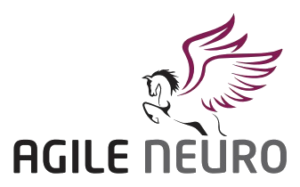
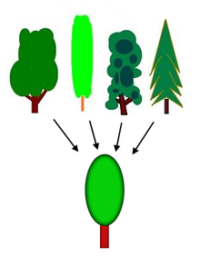
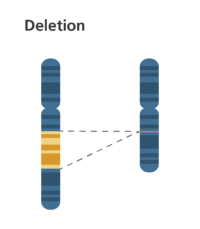

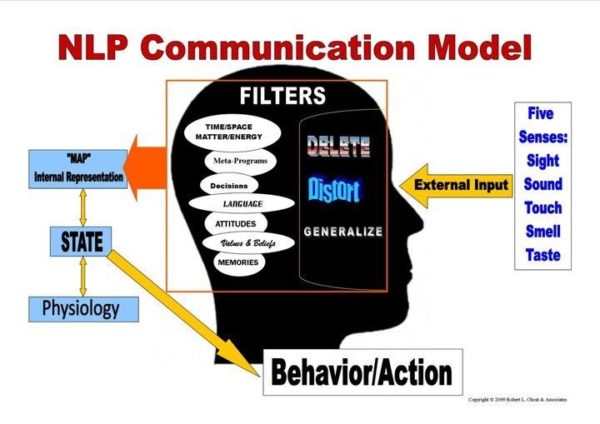






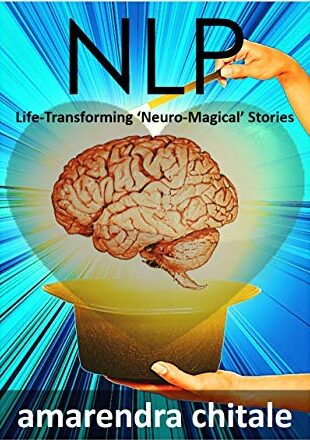

Love this article! Thanks, Amarendra!
Thank you very much Dipin!
The topic of your blog is very interesting! Everyone’d love attend NLP training.
Thank you for your informative blog about the detailed study of NLP. I am reading about it and thinking of availing these services, its a very nice blog and I have learned from you and ttgls for more visit their website online.
I read your blog, its very informative blog. It gives detail information about Neuro Linguistic Programming. I recommend this blog and anil Thomas NLP for anyone who needs to know more about NLP.
This is really awesome article, great post it’s very helpful and informative, amazing and thank you for share. Check this https://www.ttgls.in
Thank you for sharing about NLP and what it is, this is very helpful I learned about NLP, great information and very well explained.